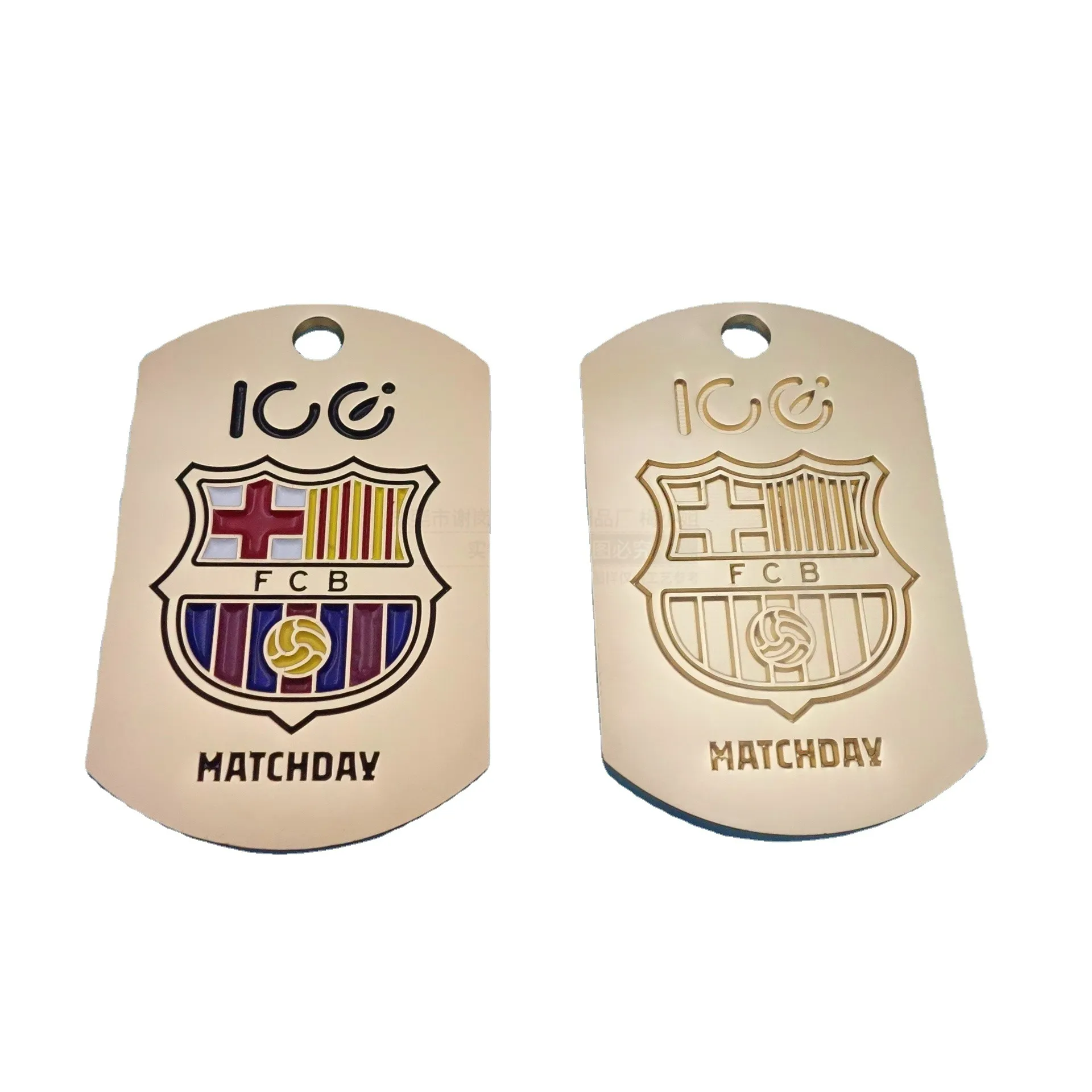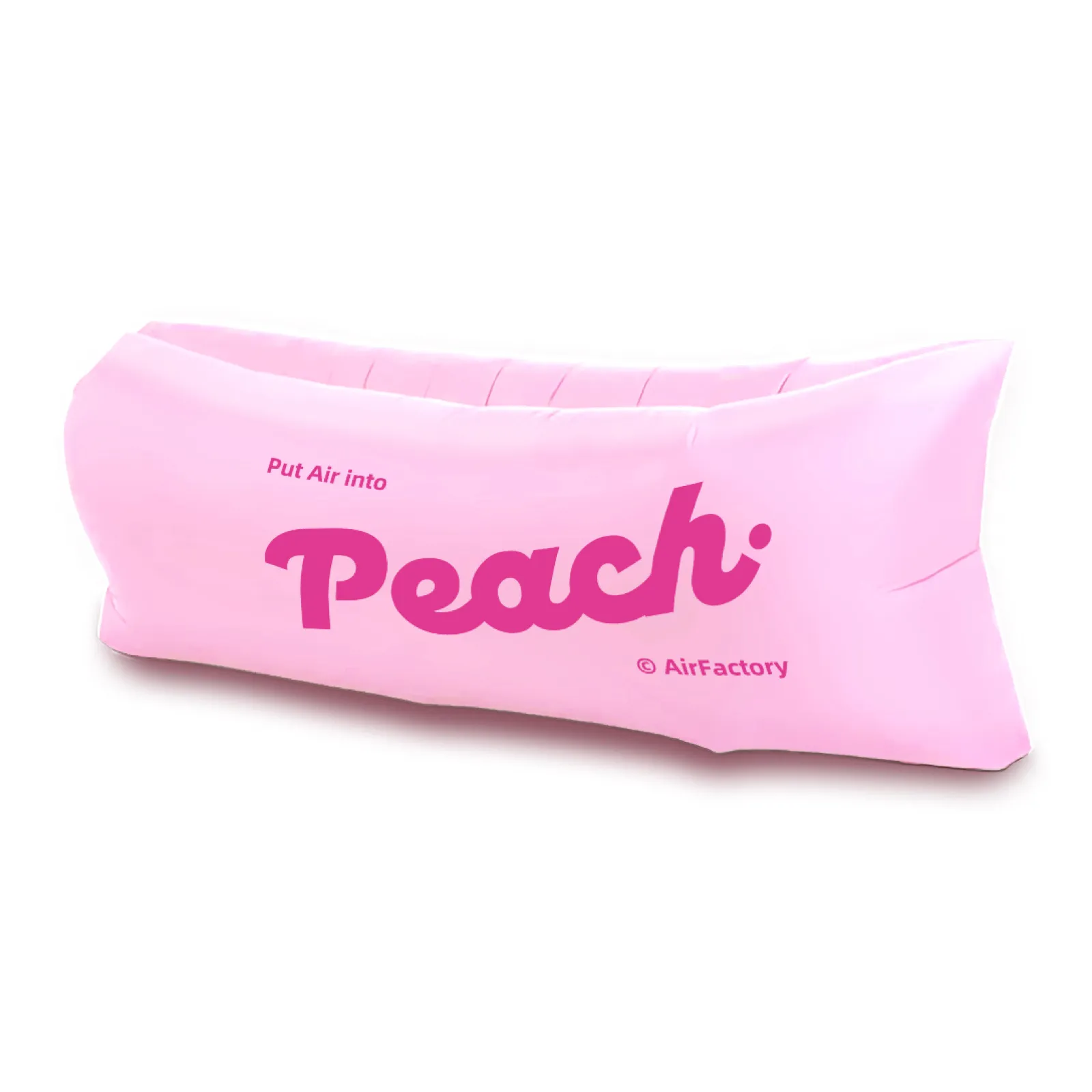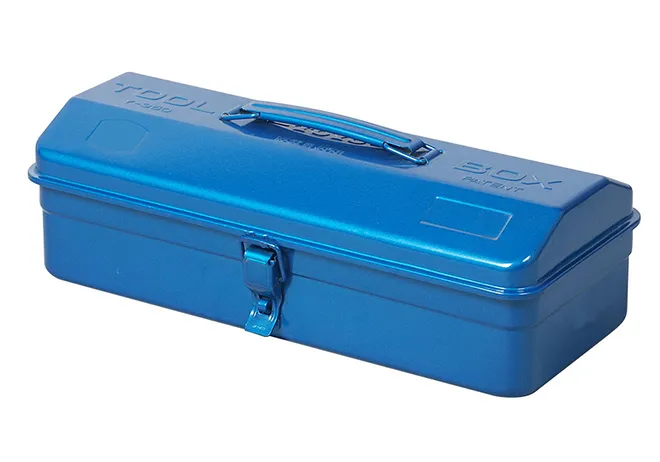Dogs, like humans, require a balanced diet rich in essential nutrients. A high-quality commercial dog food typically contains all the necessary vitamins and minerals to maintain your dog's health. However, certain factors—such as age, breed, health status, and lifestyle—can influence a dog's nutritional needs. For instance, puppies, lactating females, and active breeds may have higher nutritional demands, while older dogs may require different dietary considerations.













